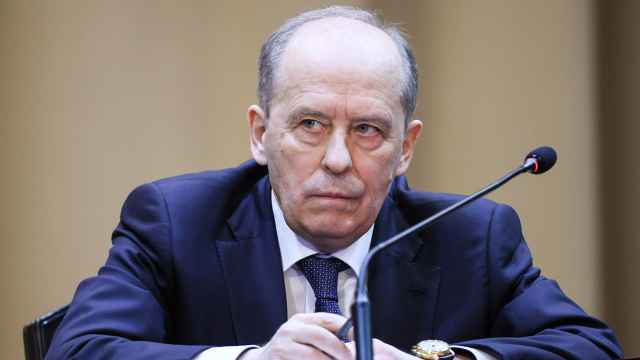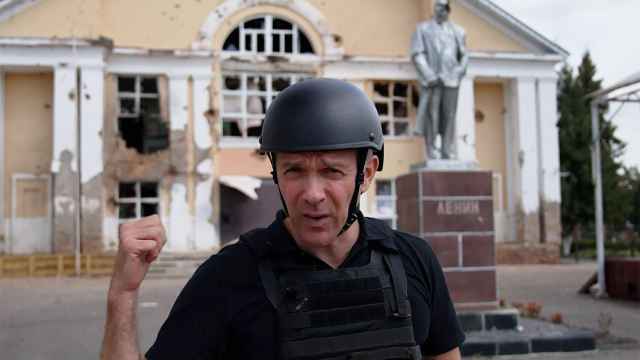Russian opposition leader Alexei Navalny called intelligence agent Konstantin Kudryavtsev and used special software to trick him into believing that he was actually an assistant to former Federal Security Services (FSB) Director Nikolai Patrushev. Like a dutiful agent, Kudryavtev reported everything he knew — how they had smeared the deadly chemical agent Novichok along the seams in the crotch of Navalny’s blue underpants and how, after the poisoning, specially trained agents retrieved the briefs and used a solution to remove all trace of the chemical.
The agent then explained how a combination of circumstances prevented him and his fellow cowardly killers from eliminating this enemy of the Russian state: the pilot made an emergency landing so quickly and the paramedics on the ground administered an antidote so effectively that they actually managed to save Navalny’s life. That, of course, was not part of the plan.
Apparently, these people did not understand that if the state sets out to kill someone, they do so with good reason and all patriotic citizens should step aside and let them do their work. Clearly, more work is required to get this important message across.
Although everyone now laughs at Kudryavtsev and calls him an unprofessional loser, the latter moniker better describes the society that allows such agents to operate freely — meaning us.
Consider why bank fraud is so common in Russia. It occurs when someone posing as a “representative of a serious organization” calls an unsuspecting person and begins confidently issuing instructions. Most who fall victim to this scam are the same people who refuse to open an account with state-owned Sberbank and who have no other banking services.
Why would an FSB officer report all his dirty deeds over an ordinary phone line? Because he apparently got a call from headquarters — that is, from a very serious individual. You can’t play games with people like that: you either tell them what they want or you’re history. How to explain the unorthodox use of a standard phone line? Well, senior officers decide how they want to do things and is not for underlings to question them.
For generations, Russians have grown accustomed to slavishly following orders and to the fact that they, and every member of their family, are completely subject to the whims of their superiors. Kudryavtsev is like a janissary owned by the Sultan: his is not to think or make choices, but only to follow orders. He is both a poisoner and one who is ultimately poisoned by his own obedience.
In effect, every Russian could be a Kudryavtsev, every teacher, doctor, scientist and ordinary citizen, with the exception of a few such as the pilot of Navalny’s flight and the paramedics who saved him — but not the ambulance service boss, who did the bidding of the authorities. We all become Kudryavtsevs when we try to stay out of politics, avoid taking responsibility and making the hard decisions. This is our common fate, our tacit collusion with evil, as famously described by political theorist Hannah Arendt in her book, “Eichmann in Jerusalem.”
When the vast majority of citizens have taken a collective vow of silence, the state feels it can act with complete impunity, even reaching straight into people’s underwear — with poison, no less.
Where will they reach next?
A Message from The Moscow Times:
Dear readers,
We are facing unprecedented challenges. Russia's Prosecutor General's Office has designated The Moscow Times as an "undesirable" organization, criminalizing our work and putting our staff at risk of prosecution. This follows our earlier unjust labeling as a "foreign agent."
These actions are direct attempts to silence independent journalism in Russia. The authorities claim our work "discredits the decisions of the Russian leadership." We see things differently: we strive to provide accurate, unbiased reporting on Russia.
We, the journalists of The Moscow Times, refuse to be silenced. But to continue our work, we need your help.
Your support, no matter how small, makes a world of difference. If you can, please support us monthly starting from just $2. It's quick to set up, and every contribution makes a significant impact.
By supporting The Moscow Times, you're defending open, independent journalism in the face of repression. Thank you for standing with us.
Remind me later.








